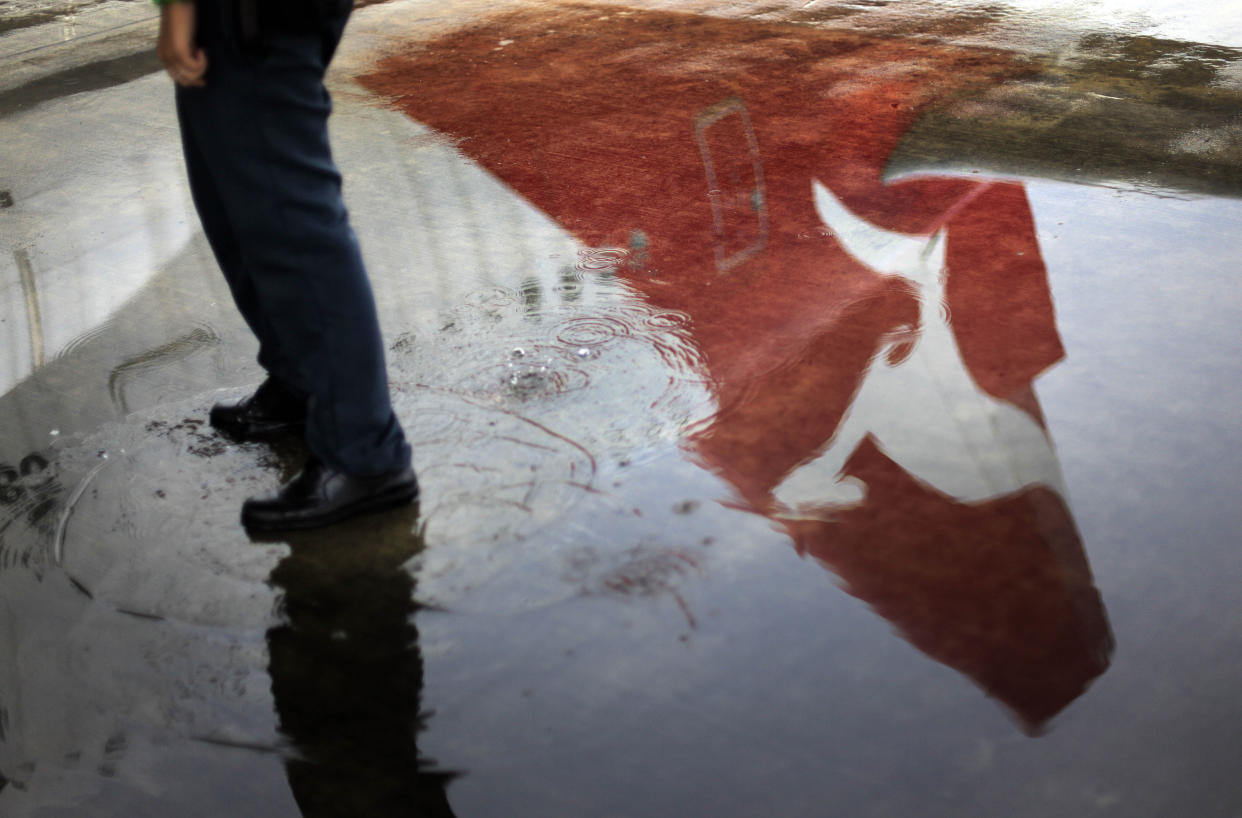Coronavirus: Qantas axes 6,000 staff in 'very painful' cutbacks

The Australian airline Qantas (QAN.AX) has announced at least 6,000 staff will lose their jobs, as the coronavirus continues to wreak havoc with the travel industry worldwide.
Qantas said another 15,000 employees would continue to be stood down with flight schedules sparse, effectively meaning a period of unpaid absence.
Around 100 aircraft will be grounded for up to 12 months, including most of its international fleet. Only around 15,000 of its 29,000 staff are expected to be back in work by the end of the calendar year.
READ MORE: EasyJet raises £419m in bid to survive crisis
The measures form part of the group’s “post-COVID recovery plan” announced on Thursday. The plans are estimated to cost around A$1bn (£54m, $68m), but the company expects them to save A$15bn over the next three years.
It also announced plans to raise up to A$1.9bn in equity to fund the plans, strengthen its balance sheet and be able to “capitalise on opportunities” in future. The fundraising includes placing around A$1.36bn new shares at a 12.9% discount, increasing the total number of shares by 25%.
CEO Alan Joyce said the company had to “restructure in order to survive,” bracing itself for several years where revenue will be lower by becoming a smaller airline.
READ MORE: Rolls-Royce job cuts a ‘body blow’ to town where turbo-jets born
He said in a statement: “What makes this even harder is that right before this crisis hit, we were actively recruiting pilots, cabin crew and ground staff. We’re now facing a sudden reversal of fortune that is no one’s fault, but is very hard to accept.”
Qantas said it was standing down employees and using voluntary redundancies as much as possible to avoid forced redundancies, and highlighted “large severance payouts” particularly for long-serving staff.
Joyce also said he was “optimistic” given the airline’s large domestic presence, which leaves it less reliant on a resurgence in international travel than many other national carriers.
Almost two-thirds of its pre-virus earnings were from internal flights in Australia, according to the press release issued on Thursday.

